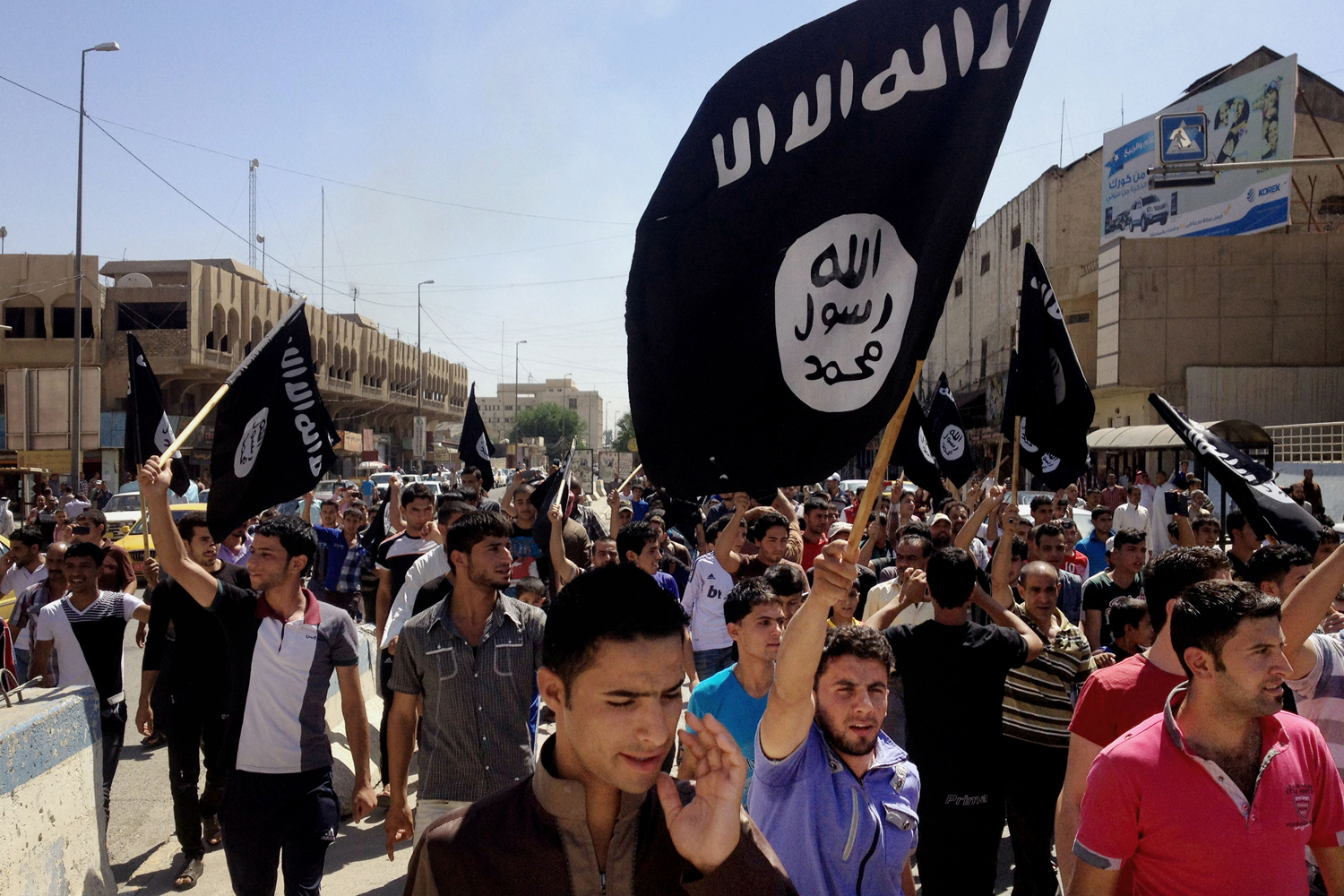
The Islamic State of Iraq and Syria (ISIS), the ultra-extremist Sunni group with a firmly entrenched presence on either side of the Syrian-Iraqi border, demonstrated a sobering military prowess over the past week. Their battle-hardened forces swept into Mosul, Iraq’s second-largest city, and proceeded to capture a number of key cities as they made the trek south toward the capital Baghdad.
But to Syrians engulfed in their own bloody struggle next door, with a mostly Sunni insurgency battling government forces backed by Shiite militants, the surprise offensive revealed less about the extraordinary power of ISIS and more about the inconstancy of the U.S. Though Syria may be a deeply polarized country, there is a common thread that runs through the divergent narratives of the regime and its opposition; that America’s wavering stance toward recent events in Syria has catalyzed extremism and propelled ISIS to prominence.
Maria Saadeh, a member of the Syrian parliament, told TIME in a phone interview that recent events in Iraq speak to the failures of American policy in the region, illustrating that the West needs to collaborate with President Bashar Assad to check the influence of extremists. If the U.S. really cared about stemming the tide of Sunni extremists into Iraq, she said, then now would be the time to prove it by joining forces with Assad and his allies. Otherwise, the U.S. will have revealed its nefarious scheme to intentionally plunge the region into a senseless cycle of violence.
“The Americans have been hesitating for a long time. Obama has done more harm than good by announcing he would intervene against ISIS then backpedalling,” she said.
The Syrian opposition, however, claimed they have been warning its friends in Washington about this moment for three years. This is a day of reckoning for Americans, says Ahmad Ramadan, a senior member of the National Coalition. The United States could have contained the terrorist threat early on when the Syrian opposition offered to fight ISIS on its behalf.
Yet the U.S. consistently refused to funnel military aid to moderate rebels under the pretext that it could fall into the wrong hands, he said. As a result, moderate fighters were left unequipped and the extremist group, dominated by foreigners, acquired swathes of territory in northern Syria, dealt a severe blow to rival rebel factions and overshadowed the uprising against president Assad’s rule.
“I told Hillary Clinton in 2011 that if they don’t help us fill the void in Syria, al-Qaeda will step in,” he said.
To the Syrian fighters, ISIS’s grandiose dream of establishing an Islamic Caliphate in the Levant has sabotaged their humble goal of overthrowing Assad. They had to divert their scarce resources and manpower to neutralize ISIS fighters, paving the way for government forces to recapture lost territory. “When the rebels attempted to stem ISIS advances, the U.S. failed to provide the weaponry needed for an operation of this magnitude,” said Ramadan.
The possibility that President Obama will order military strikes against ISIS targets in Iraq has rebel forces in Syria wondering just how friendly the U.S. really is to their cause. “If the U.S. intervenes now to strike ISIS while leaving the regime unscathed, it will convey to Syrians that it’s not the killed who matter, but rather one brand of killers,” said Omar Abu Layla, an 25-year-old activist who recently fled Deir Ezzor.
No one in Syria feels the wrath of ISIS more than the inhabitants of the Eastern province of Deir Ezzor, which borders Iraq. Residents in the provincial capital are trapped between Assad’s forces who hold the south and the west of the suburbs, and ISIS which controls the oil-rich north and east. Local women are reportedly selling their jewelry to buy ammunition for the fighters, and activists constantly worry about hearing the blood-curdling ISIS slogan “It is staying and it will expand”.
“All they need is to take all of Deir Ezzor to connect the supply lines from Mosul to Raqqa,” said al-Furat a 26-year-old activist in Deir Ezzor. “If that happens, good luck to God trying to dislodge them.”
For their Iraqi brethren, Syrian rebels have one word of advice. In Iraq, widespread Sunni discontent with Prime Minister Maliki’s Shi’ite-dominated government has catapulted ISIS to the forefront of the rebellion, but embittered Syrian rebels who sympathize with their co-religionists’ plight in Iraq warn them not to succumb to a marriage of convenience with ISIS.
“I support the uprising of our Sunni brothers in Iraq against Maliki,” said Abu Thabet a 31-year-old fighter in Aleppo suburbs. “But beware of today’s allies, for they are tomorrow’s enemies.”
More Must-Reads From TIME
- The 100 Most Influential People of 2024
- The Revolution of Yulia Navalnaya
- 6 Compliments That Land Every Time
- Stop Looking for Your Forever Home
- If You're Dating Right Now , You're Brave: Column
- The AI That Could Heal a Divided Internet
- Fallout Is a Brilliant Model for the Future of Video Game Adaptations
- Want Weekly Recs on What to Watch, Read, and More? Sign Up for Worth Your Time
Contact us at letters@time.com